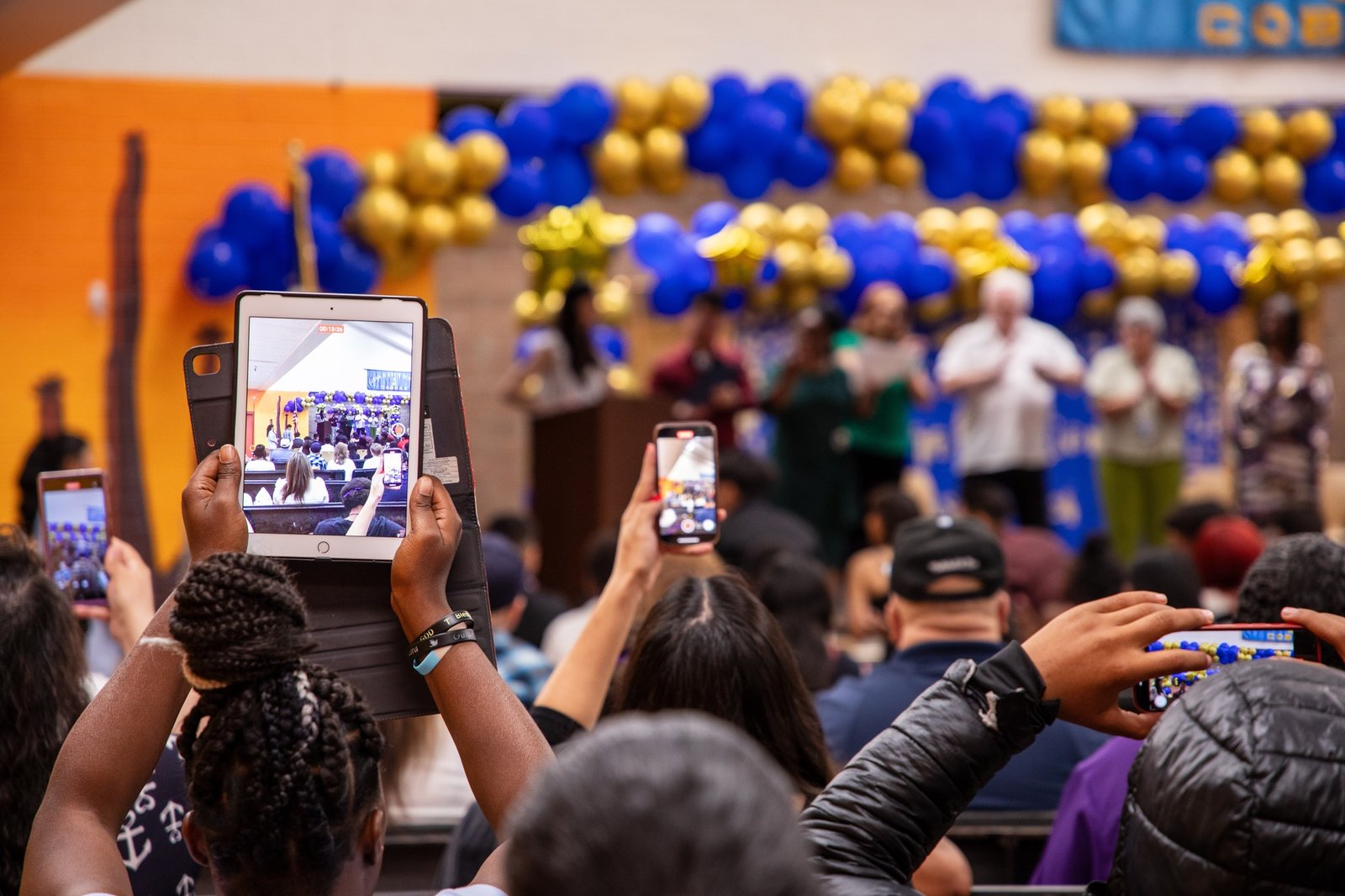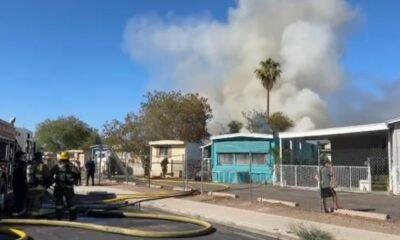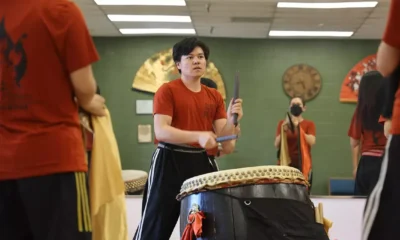Commentary
Prioritizing Mental Health: A Call for Support for South Phoenix Teachers and Students

In South Phoenix, the cycle of systemic inequities impacting Black and Brown students is increasingly evident, particularly amid recent school closures. Malcolm X’s poignant observation about the connection between poverty, education, and opportunity resonates deeply in this community.
A concerned Black father within the community expressed his anxiety over the Roosevelt School District’s (RSD) decision-making process. Instead of focusing on the well-being of students and teachers, board members engaged in public debates about who understands the district’s needs best, as they considered a plan to close five elementary schools.
On December 5, 2024, the governing board approved Superintendent Dani Portillo’s plan, titled “Reinvent Roosevelt – School Reconfiguration,” by a 4-1 vote. This controversial plan involves the closure of several schools, repurposing of district properties, and consolidation of staff, ostensibly aimed at reducing district debt and concentrating resources on the top students.
During discussions, the board established guidelines intended to uphold equity throughout the decision-making process. Shirley Jackson, the board president, introduced Guardrail #1, emphasizing adherence to the district’s core values and conflict resolution principles.
Portillo framed the school closures as a necessary response to changing demographics and increasing competition from charter schools. According to a 2019 report from the City of Phoenix’s Economic Innovation Group, South Phoenix’s median household income was a mere $36,800—significantly lower than the city’s median of $67,000.
Housing costs in the area have also escalated dramatically. The median home price surged from $118,000 in 2015 to $452,000 by 2024, reflecting gentrification pressures impacting families.
Noel Frazier, a social worker within the Phoenix Union High School District, highlighted the mental health challenges faced by both students and educators due to the stressors arising from COVID-related shutdowns. Increased anxiety and depression among students are exacerbating these issues.
Portillo outlined various challenges within the district, including decreasing enrollment and disparities in educational resources among neighborhoods. She urged that any reorganization should focus on equitable resource allocation to support all students.
However, the proposal’s potential negative impacts on the mental health of those directly affected by the closures remain unaddressed. Economic instability contributes to rising disciplinary issues, particularly in schools serving high populations of Black and Brown students, which can lead to harsher disciplinary measures and further entrenchment in the school-to-prison pipeline.
Amidst these dynamics, many families are opting for homeschooling or seeking charter school options, further contributing to declining enrolments in public schools.
The lasting effects of the pandemic have led to increased substance use among students, particularly concerning in a state where marijuana has been legalized, leading to greater accessibility for youth.
This situation is mirrored by broader issues affecting families in South Phoenix, including high rates of infant mortality and environmental factors deriving from poverty. Research indicates that systemic inequities disproportionately impact Black and Brown families in the community, complicating the already difficult educational landscape.
Historical context also reveals that segregation in education persists, not through legal mandates but through economic disparities. Schools predominantly serving students of color are three times more likely to face closure. Recent findings revealed that many high-performing schools in the district face the same fate.
Despite recent legislative changes in Arizona aimed at increasing funding for high-performing schools, the Roosevelt Governing Board has committed to equitable opportunities for all schools, despite potential disruptions from consolidations.
Frazier advocates for social-emotional learning initiatives to bridge social barriers and foster strong relationships between schools and families, emphasizing accountability and communication among all stakeholders.
As Malcolm X’s words underscore, the cycle of poverty in education is hard to break. Without prioritizing mental health within the community, the disparities faced by Black and Brown families in South Phoenix may only intensify, displacing communities and perpetuating cycles of inequity.
For the Roosevelt School District to truly serve its constituents, it must embrace solutions that empower students while preserving the community’s rich cultural identity and mental well-being.


















